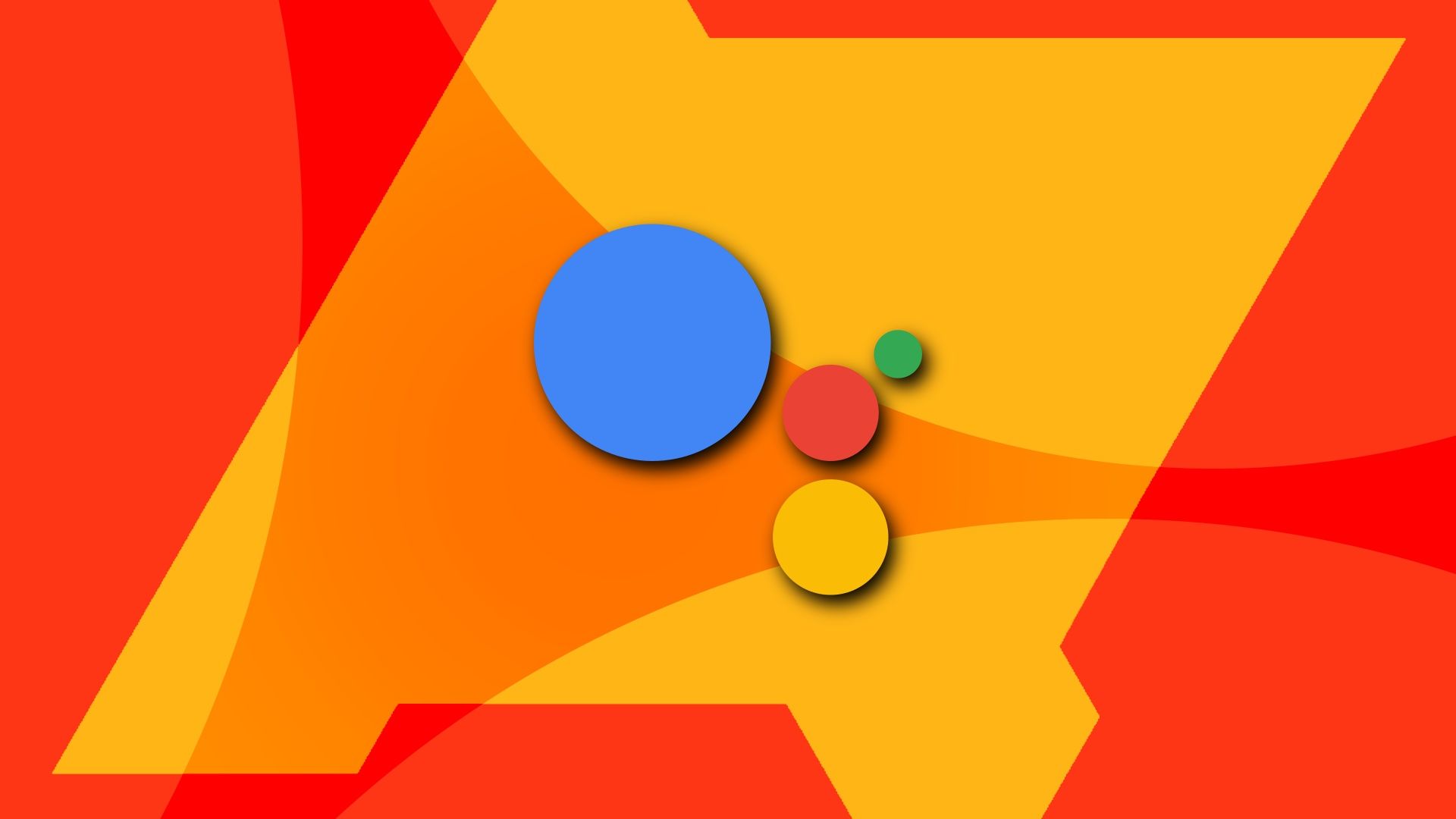Generative AI tech like ChatGPT and Bing AI is all the rage these days, but before they blew up, corporations poured years of reseach and development into making them happen. Google got into the trend with its own LaMDA-powered Bard AI as a continuation of its many years of work in the field. But it looks like Google has been toying with the idea of conversational AIs for a long time now — more specifically, since 2020, way before people were familiar with ChatGPT.
Sources tell The Wall Street Journal (via 9to5Google), though, Google was internally toying around with the idea of making this chatbot available to the public in a limited manner. The creators of Meena, which eventually evolved into LaMDA, were urging executives to integrate their technology into products including like search and Google Assistant. Leadership responded with worries that the chatbot didn't meet the company's policies on AI safety and fairness.
The company had reason to be concerned. Microsoft's venture into conversational AI with Tay.ai on Twitter in 2017 ended after that chatbot adopted highly offensive tendencies. Inside Google, ethical concerns over how research was progressing there have led to conflicts between personnel and management. A number of notable dismissals have resulted including that of Dr. Timnit Gebru, a prominent Black voice on the subject, in 2020, and Blake Lemoine, who infamously dubbed LaMDA as "sentient," last year.
Meena's creators, Daniel De Freitas and Noam Shazeer, left Google in 2021 and started their own AI company. The pair declined comment when reached about the story. A Google spokesperson told the Journal that, while promising, prototypes are a long ways off from a reliable product that's safe for the public to use.
Google would've had a considerable head start against OpenAI and Microsoft if it launched Meena years ago. Instead, it left the early glory and stumbles to its rivals. Whether that ended up being the right decision or not, the company now has to play catch up with Bard.
We'll more than likely learn where it will end up with major announcements expected at I/O 2023 starting May 10.

